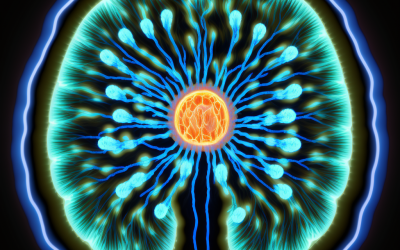The article titled “Positive psychology interventions: A meta-analysis of randomized controlled studies” published in the Journal of Research in Personality aims to evaluate the effectiveness of positive psychology interventions (PPIs) by conducting a meta-analysis of randomized controlled trials. The study analyzed the results of 39 randomized controlled trials that used PPIs as the intervention.
Positive psychology is a branch of psychology that focuses on the study of positive emotions, well-being, and human strengths. Positive psychology interventions (PPIs) are activities designed to enhance well-being, increase happiness, and promote positive emotions.
The study found that PPIs have a small to medium effect on increasing happiness and well-being. PPIs were found to be most effective when administered in group settings and over a period of at least six weeks. PPIs that focused on mindfulness, gratitude, and self-compassion were found to be the most effective.
The study also found that PPIs were more effective for individuals with clinical disorders, such as depression and anxiety, compared to individuals without clinical disorders. This suggests that PPIs can be used as a complementary treatment for individuals with mental health disorders.
The study has several implications for the field of psychology. First, it provides evidence for the effectiveness of PPIs as an intervention to increase well-being and happiness. Second, it suggests that PPIs can be used as a complementary treatment for individuals with mental health disorders. Third, it highlights the importance of administering PPIs in group settings and over a period of at least six weeks.
The study also has implications for individuals looking to increase their well-being and happiness. The findings suggest that engaging in PPIs, such as practicing mindfulness, expressing gratitude, and being kind to oneself, can have a positive effect on one’s well-being.
Overall, the study provides evidence for the effectiveness of PPIs in increasing well-being and happiness. PPIs can be used as a complementary treatment for individuals with mental health disorders and can be effective when administered in group settings over a period of at least six weeks.




